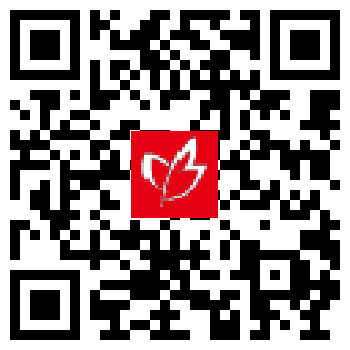
(2025届河北省普通高校招生考试精准预测卷(一)英语试题(含听力))When my husband passed away, I quickly fell into the depths of depression. At first, I told myself I could manage, but deep down, I was in denial. The anger and lack of sleep hit me hard, and soon I collapsed into a full-blown depression. I was terrified of the future, especially the financial insecurity and the thought of returning to work after a nine-year break.
I spent most days in bed, only getting up to take my kids to and from school, putting on a false smile and pretending everything was fine. I hated myself for pretending and for becoming someone I didn’t recognize, I tried medication and counseling (咨询), but nothing seemed to work. Depression had become my identity.
Then one day, I dragged myself to a talk about the science of happiness. It was a turning point. I realized I needed to change my view. Instead of trying to cure my depression, I decided to focus on finding happiness. I read science-based books and joined a course at Berkeley. Gradually, I learned to enjoy the simple things in life, accept my emotions, and love myself again. I discovered a new version of myself — kind, sympathetic, and full of hope.
My mindset shifted dramatically. I reconnected with my enthusiasm for life and found more reasons to smile and be happy. Fear was replaced with hope, and I learned to accept what I couldn’t change while being brave enough to change what I could. I became the architect of my own life.
I realized happiness is not about external circumstances but about how we perceive and interpret life. It’s about enjoying the journey, accepting setbacks, and being kind to ourselves. I learned to rewire my brain for happiness, just as we exercise for physical health.
Now, I run the Happiness Society, sharing tools to help individuals and companies unlock their potential. Looking back, I see my depression as a blessing. It taught me how to find happiness from within. If you’re going through a dark phase or feeling upset, remember that you have the power to start a journey towards happiness.
1.What can we conclude about the author before her husband’s death?
A.She had a stable job. B.She was a full-time mother.
C.She was financially independent. D.She suffered from depression greatly.
2.What was the author’s turning point in her life?
A.Joining a happiness course at Berkeley.
B.Trying medication and counseling.
C.Exercising for physical health.
D.Attending a talk about the science of happiness.
3.What is the author’s opinion about happiness?
A.It means having no setbacks.
B.It depends on external circumstances.
C.It lies in how we view and understand life.
D.It is impossible to achieve during a dark phase.
4.What is the author’s attitude towards her depression now?
A.She regrets having it. B.She feels it hard to remove it.
C.She is deeply ashamed of it. D.She sees it as a valuable lesson.
【答案】1.B 2.D 3.C 4.D
【知识点】哲理感悟、记叙文、个人经历
该题有详细解析可以查阅1、本网站所提供的信息,只供教育教学参考之用。
2、本网站及其会员一概毋须以任何方式就任何信息传递或传送的失误、不准确或错误对用户或任何其他人士负任何直接或间接的责任。
3、在法律允许的范围内,本网站在此声明,不承担用户或任何人士就使用或未能使用本网站所提供的信息或任何链接或项目所引致的任何直接、间接、附带、从属、特殊、惩罚性或惩戒性的损害赔偿。
4、访问者在从事与本网站相关的所有行为(包括但不限于访问浏览、利用、转载、宣传介绍)时,必须以善意且谨慎的态度行事;访问者不得故意或者过失的损害本网站的各类合法权益,不得利用本网站以任何方式直接或者间接的从事违反中华人民共和国法律、国际公约以及社会公德的行为。对于访问者利用本网站提供的信息而作出的任何决策、决定以及其后果,本网站不承担任何责任
5、本网站图片,文字之类版权,本网站无法鉴别所上传图片或文字的知识版权,如果侵犯,请及时通知我们,本网站将在第一时间及时删除。
6、凡以任何方式登录本网站或直接、间接使用本网站资料者,视为自愿接受本网站声明的约束。
GYEDU

